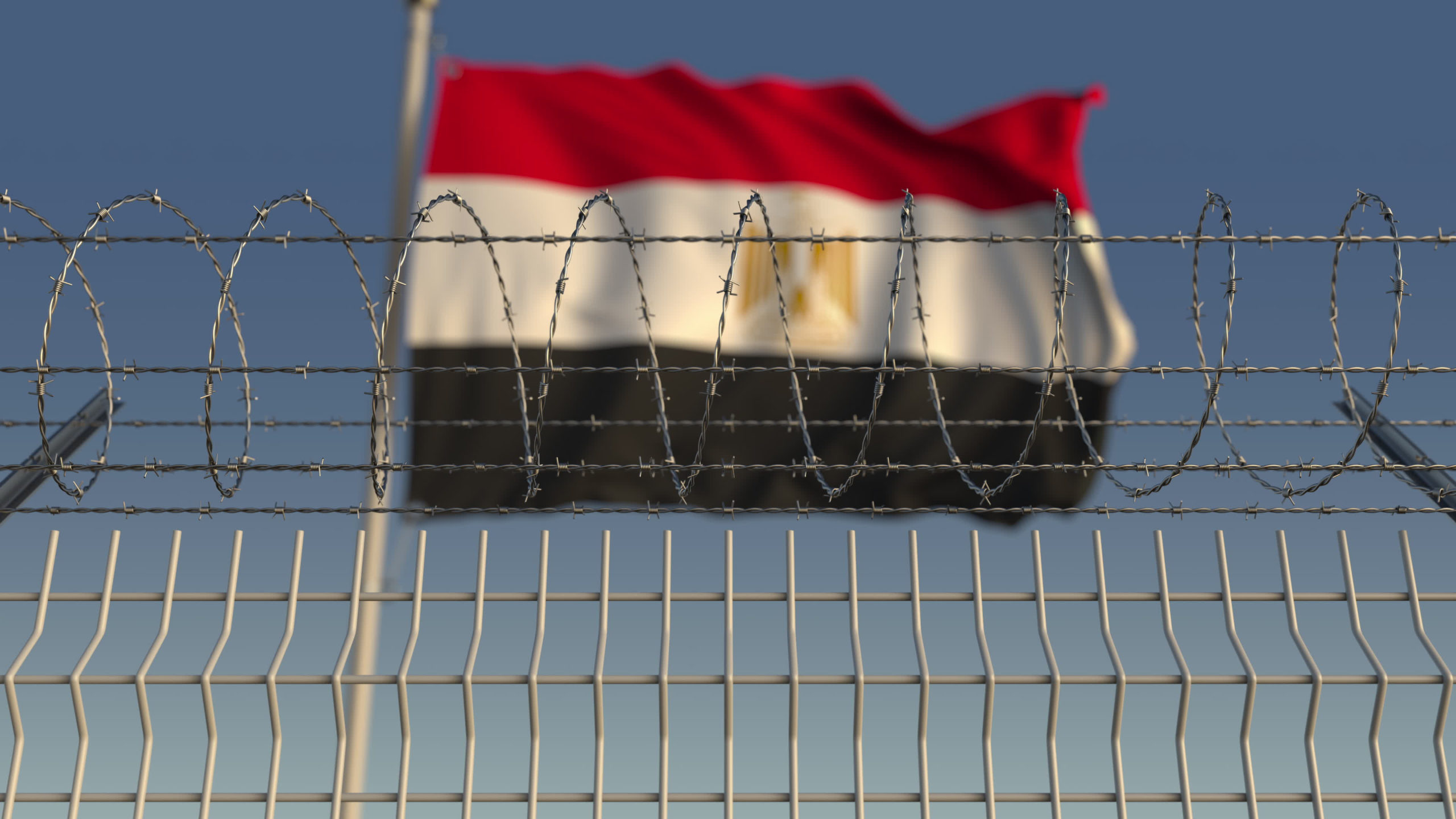The convictions by the Emergency State Security Court (ESSC) of 30 defendants, 16 of whom are in custody, including members of the Egyptian Coordination for Rights and Freedoms (ECRF), solely for the lawful exercise of their rights to freedom of expression, association and assembly must be quashed and those imprisoned must be immediately and unconditionally released, the International Commission of Jurists (ICJ) said today.
يمكنكم قراءة وتحميل البيان باللغة العربية عبر هذا الرابط
On 5 March 2023, the ESSC convicted 30 people and acquitted one defendant in case No. 1552 of 2018. The court then sentenced 17 people to life imprisonment; seven to 15 years’ imprisonment; four people to 10 years’ imprisonment, and the remaining two to five years’ imprisonment. The court also ordered that all convicted defendants be placed under police surveillance for five years upon release.
“Yet again, the Egyptian authorities are resorting to proceedings before an exceptional court that systematically violate fair trial rights and imposes hundreds of years of imprisonment merely for the legitimate exercise of human rights,” said Said Benarbia, ICJ MENA director. “The Egyptian authorities have never been serious about releasing those arbitrarily detained. They are doubling down on crushing any and all forms of dissent and free expression.”
On 23 August 2021, the Supreme State Security Prosecution referred 31 defendants to trial in Case No. 1552 of 2018, including 15 “fugitives”, after they were charged with “terrorism”-related charges, including joining, leading, funding and supporting a terrorist group.
Members of the ECRF, including Executive Director Ezzat Ghoniem, Mohamed Abo Horeira, Aisha el-Shater and Hoda Abdelmoniem, were also charged with “spreading false news” and singled out for their work in documenting human rights violations through ECRF social media pages. Ezzat Ghoniem and Mohamed Abo Horeira were ultimately sentenced to 15 years’ imprisonment, while Aisha el-Shater and Hoda Abdelmoniem were given sentences of 10 and five years, respectively.
They were arrested in November 2018 as part of a wave of arrests targeting human rights defenders, including ECRF members. They were held in pre-trial detention for over four years. Following arrest, many detainees were subjected to well-documented human rights violations, including enforced disappearance, torture or other ill-treatment, including through beatings and electric shocks.
Moreover, while in detention they were routinely denied family visits and access to adequate medical care, including Hoda Abdelmoneim who suffers from high blood pressure and blood clotting.
In clear violation of Egypt’s international obligations under human rights law, the Egyptian authorities failed to investigate these abuse allegations, let alone hold the alleged perpetrators accountable.
“Instead of investigating those responsible for torture and enforced disappearance, the justice system is being used to lock up people in pre-trial detention for years on end and eventually convict them in grossly unfair trials,” added Benarbia
On 15 July 2021, Special Rapporteur on the situation of human rights defenders, Mary Lawlor, expressed concern regarding the targeting and continued arbitrary detention of human rights defenders in Egypt, including Ezzat Ghoneim, Hoda Abdelmoniem, Aisha el-Shater and Mohamed Abo Horeira.
Trials before the Emergency State Security Courts are usually marred with a litany of fair trial rights violations, and Case No. 1552 was no exception. The detainees’ right to a defence was blatantly violated throughout their detention: during the investigation phase some of the defendants were interrogated without their lawyers present and defence lawyers did not have access to their clients’ case files. Throughout the investigation and trial, defendants were not permitted to speak to their lawyers in private. Furthermore, the defendants’ right to appeal is denied as decisions by the ESSC are final and not subject to any appeal or judicial review.
ESSCs were established under Egypt’s Emergency Law of 1958, which allows these Courts to continue to adjudicate previously transferred cases even after the official lifting of the state of emergency on 25 October 2021. The Egyptian President – or anyone authorized by the President – has the power to confirm convictions, to quash them or to replace them with convictions on lesser charges, undermining the independence and impartiality of these Courts. The Head of State also has broad powers to appoint the judges of the ESSCs and control their composition.
The ESSCs are subject to strong executive control, as attested by the President’s power to appoint judges and are therefore used as a tool of repression to punish and silence the legitimate exercise of human rights.
The ICJ condemns the Egyptian authorities’ continued use of these courts to try, convict, and punish people for their human rights activities. In this context, the organization is also profoundly concerned about the Egyptian authorities’ continued abuse of “terrorism” laws to restrict the work of independent civil society organizations.




